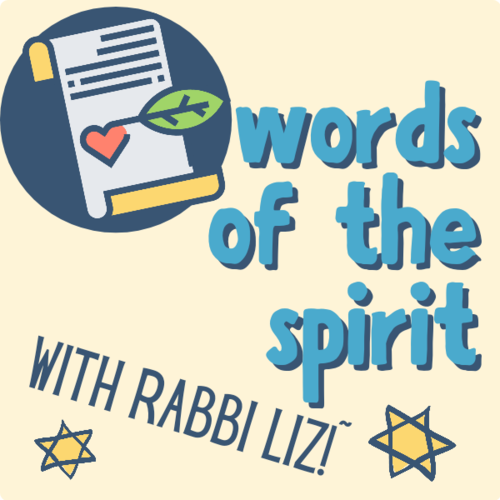To Teach, With Love
21/08/2018 07:26:56 PM
| Author | |
| Date Added | |
| Automatically create summary | |
| Summary |
Is there a happier or more carefree month of the year than August? Or, rather, is it fraught with worry – by parents, for the school year ahead, with all its forms; by teachers, either intensively planning their new years’ curricula, or wondering what sections or classes they will be teaching (or IF they will be teaching); by students, who are happiest learning through play, and eager to stay in the open space-and-time that is summer.
Teach us, guide us in what we need to know as Jews in the world today, in what we will want to pass on to the generations that follow us …
This is essentially the message of a key prayer, not one specially inserted into the High Holy Day liturgy, but one that you can find in every morning service. It begins, in Hebrew, with the phrase Ahava rabba:
With an abounding love … with great compassion, do you care for us.
Immediately, I wonder if the composer of this text was imagining it spoken in the voice of a child, teen, or youth.
The ellipses name adonay eloheynu, which is traditionally translated as “our Lord our God.” But the God-figure clearly and immediately manifests the ideal qualities of a parent in this prayer, which continues directly:
Our father….
The request is one as if from a child, to a parent, to be taught! And not taught anything at all, or in any way, but:
… just as our ancestors placed their trust in you, and you imparted to them laws of life, so be gracious to us, too, and teach us.
We ask for something terribly important – laws of life - putting our hands into a God-trust, if you will, like those free-floating hands from the insurance company ad of my childhood.
The next sentence sustains and extends the parent metaphor:
Our dad, the caring, compassionate dad who conveys careful caring …
This translation of mine can barely convey the delightful alliteration in the Hebrew phrase: avinu ha’av harahaman hamerahem rahem …
The text continues:
… put into our hearts the ability to understand, to see, to hear, to learn, to teach, to keep, to do, and to uphold with love all that we study of your Torah.
Let us immediately go beyond the androcentrism of the text, and accept that the prayer writers were seeking from the Divine the deepest teachings a parental figure could offer, teachings that would help them to live their values.
The prayer calls this laws of life. That’s pretty much everything. And when do we say this text? Right before the Shema, our central spiritual “pledge of allegiance” as Jews.
We also pronounce the Shema right before the final blast of the shofar at the end of Yom Kippur. At that moment, we, the entire congregation, huddled together in anticipation, release ourselves with a blast of sounds, into the next cycle of learning and growing.
Yes, the special High Holy Day texts can be stirring, inspiring. Yet this Elul I’m thinking about the deep message from the Ahava rabba prayer, recited year-round, which links love and Torah, parents and children, generations past with generations to follow. It inspires us all – teachers, parents, community leaders, “Big Brothers” and “Big Sisters,” honorary aunties and caring mentors - to dig as deep as we can into our own sources and guides, that we may know what we should teach these children of ours, those in our congregation and those in our lives.
As we prepare to enter the year 5779, may our sources and guides find their voice in ours, and may our year ahead of learning and teaching, understanding, seeing and hearing, enable us to do and uphold all that we hold sacred. Shana tova umetukah – may you be blessed with a sweet, good year.
- Rabbi Liz
Mon, 30 June 2025
Special Messages from the Rabbi
Privacy Settings | Privacy Policy | Member Terms
©2025 All rights reserved. Find out more about ShulCloud







